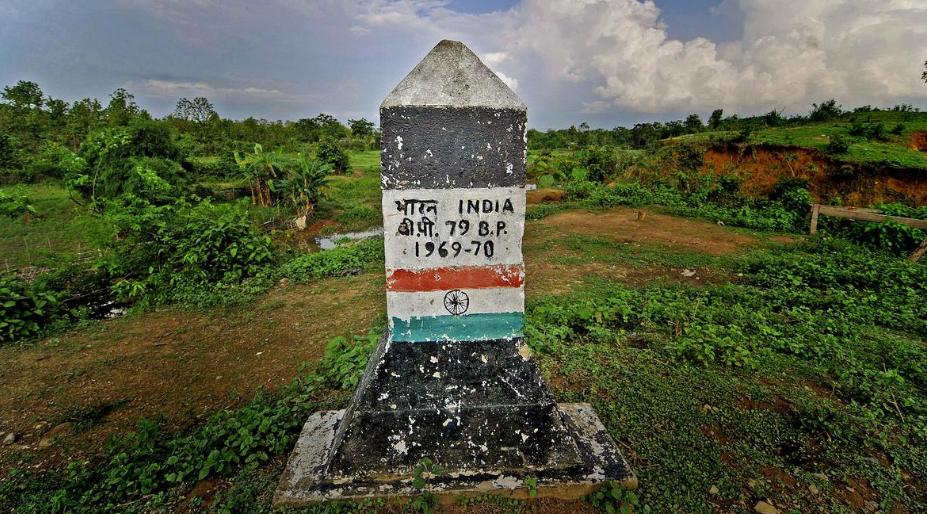A Progressive Indian Policy on Myanmar (GS Paper 2, IR)

Context
- The political landscape in Myanmar has been fraught with turmoil since the military coup in February 2021.
- India’s current stance, which prioritizes narrow strategic interests over broader humanitarian and democratic values, needs a comprehensive reevaluation.
- A values-driven approach, focusing on democracy and human security, can enhance India's influence and interests in Myanmar while distinguishing it from China.
How India Can Step Out of China’s Shadow
- Three years post-coup, Myanmar remains mired in violence and instability.
- While India has traditionally engaged with the military junta to safeguard its strategic interests, it is crucial to recognize that the boundary between "values" and "interests" is often blurred.
- By rethinking its Myanmar policy, India can leverage its democratic values to protect its interests more effectively.
Steps to Implement a Progressive Myanmar Policy
1. Promote Democracy
- India should utilize its status as the largest federal democracy to influence Myanmar positively.
- Myanmar’s pro-democracy movements, including the National Unity Government (NUG) and various ethnic and civil society organizations, view India as a model of federal democratic governance.
- By supporting these groups through capacity-building and knowledge exchange, India can aid their efforts to replace the military-drafted 2008 constitution with a federal one.
- This move will position India as a unique partner promoting democratic values, unlike China, which primarily offers military support.
2. Halt Weapon Sales
- India must cease all arms sales to the Myanmar military. Since the 2021 coup, India has supplied the junta with various non-lethal and semi-lethal equipment.
- However, given the military’s ongoing attacks on civilians, India should immediately stop these sales.
- By doing so, India can align its actions with its democratic values and reduce its complicity in the junta's violence.
3. Humanitarian Outreach
India should open cross-border humanitarian corridors to assist civilians in conflict-affected regions like Sagaing, Chin State, and northern Rakhine State. Key steps include:
- Revoking Border Fence Plans and Reinstituting the Free Movement Regime (FMR): The FMR, suspended in February 2024, should be reinstated to facilitate cross-border aid.
- Leveraging Existing Humanitarian Networks: Utilizing networks along the India-Myanmar border to deliver essential aid, including medicines, food, and tarpaulins.
- Mizoram as a Starting Point: With an established asylum and aid system, Mizoram can serve as a model for further humanitarian efforts.
- Collaborating with NGOs: Working with local and international NGOs to enhance aid delivery efficiency.
- Adopting Best Practices from Thailand: Implementing successful strategies from Thailand's recent cross-border aid initiatives.
4. Ensuring Aid Delivery Without Military Interference
India must ensure that humanitarian aid reaches civilians directly and is not co-opted by the junta. This can be achieved through:
- Stringent Checks and Pre-Delivery Vetting: Ensuring that contraband does not pass through aid corridors.
- Leveraging India’s Clout: Using diplomatic influence to facilitate direct aid distribution, bypassing the military.
Way Forward
- Despite not ratifying the 1951 Refugee Convention, India has a humanitarian obligation to treat displaced Myanmar citizens as refugees needing assistance and protection.
- The principle of non-refoulement under customary international law prohibits the return of refugees to a country where they face persecution or death.
- As a self-proclaimed global leader ("Vishwabandhu"), India must embody its commitment to supporting the people of Myanmar through actionable and compassionate policies.
Conclusion
- By adopting a progressive, values-driven approach, India can reinforce its democratic principles while effectively safeguarding its strategic interests in Myanmar.


